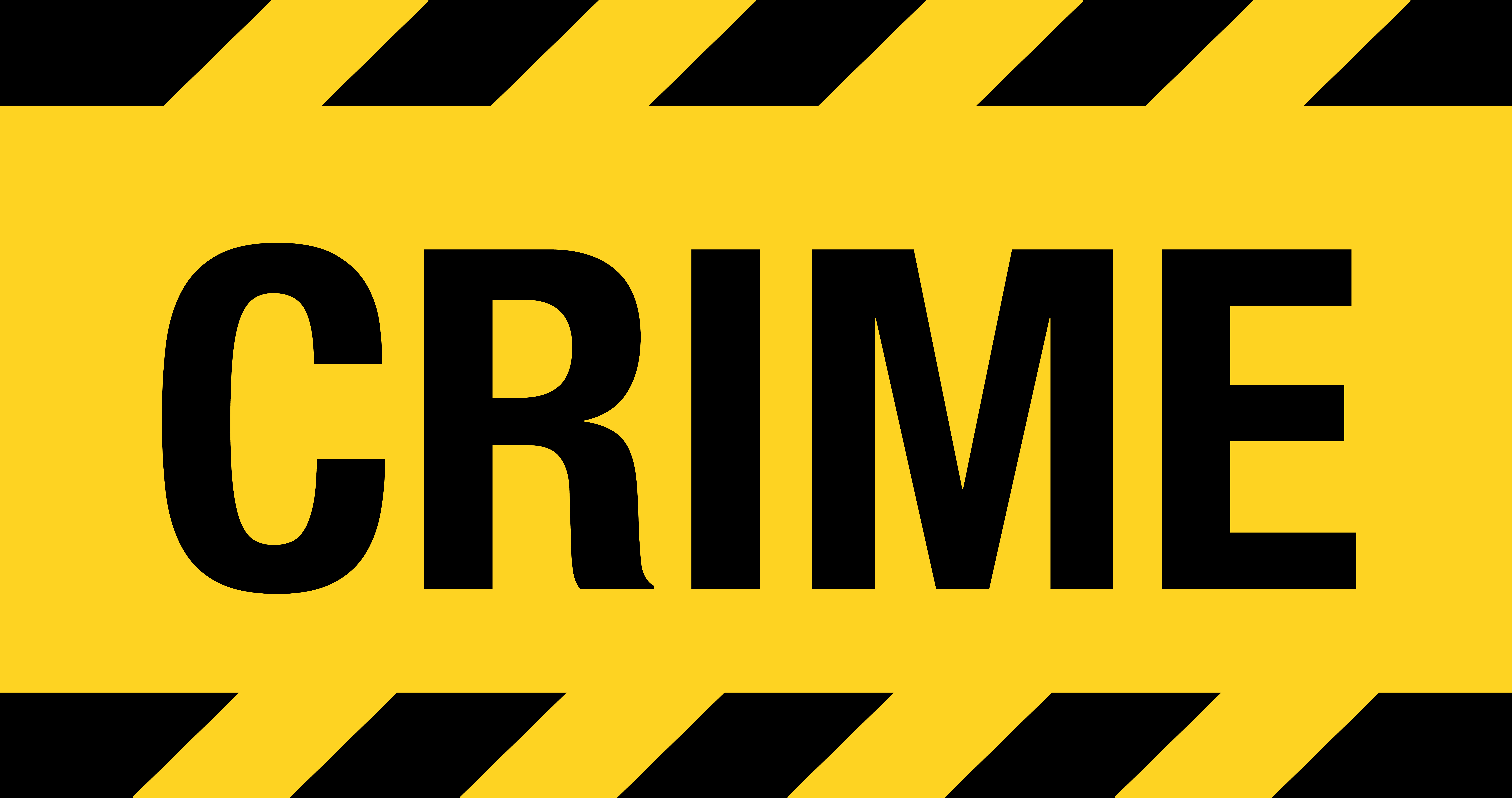On Oct. 26 the Recording Industry Association of America handed down lawsuits against 745 individuals for the downloading of copyrighted material. Seventeen colleges, including Ohio State, were involved in the lawsuits.
Students at OSU are in the process of being sued by the RIAA, said RIAA spokeswoman Amanda Hunter. The lawsuits simply named John Doe as the defendants, but the university will be issued a subpoena by the RIAA and the university will be expected to give up the names, Hunter said.
“When a lawsuit is filed, it is against a John Doe,” she said, “and the name of the defendant is not yet known.”
The RIAA has already obtained the students’ IP addresses and will proceed to contact Ohio State to find out the names of the students. An IP address is a unique number allowing identification of a computer on a network, such as the Internet.
The students were using the file-sharing application i2hub to distribute music over the OSU’s Internet2 network, according to a press release issued by the RIAA. Internet2 is a ultrafast research network connecting universities across the nation.
OSU has not yet been contacted by the RIAA, said Valerie Shafer, director of student affairs for the Office of Information Technology.
Ray Beckerman, an attorney based in New York who has handled previous copyright lawsuits brought by the RIAA, said these lawsuits are tantamount to bullying.
“It’s a whole bullying kind of tactic,” he said. “I don’t like bullies.”
According to a press release issued by the RIAA, this is the fourth time the RIAA has taken action against illegal downloads.
“Since September 2003, we have filed lawsuits against more than 15,500 individuals,” said Jenni Engebretsen, a spokeswoman for the RIAA. “We have settled more than 3,500 cases thus far, with the remainder are in various stages of the litigation process.”
Settling with the RIAA leads to an RIAA victory, Beckerman said.
“Every time someone is settling with them it is adding fuel to fire,” he said. “Anytime they fight back they throw a monkey wrench into the machine.”
The process in which the RIAA is catching these individuals is bogus, Beckerman said.
The standard process is to log onto a peer-to-peer file sharing application, find an illegal user, download one song from each record label and file a subpoena to the user’s Internet service provider, he said.
“If you have a reason to believe someone may be infringing on your copyright you send them a cease and desist letter – not a $3,750 fine,” he said.
The RIAA declined comment as to how they go about finding an illegal downloader.
Simply filing a subpoena is an unreliable way to find illegal downloads, Beckerman said. He has recently represented a limousine driver who never once owned a computer.
The RIAA’s goal in these lawsuits is to insure the longevity of their resource, Hunter said.
“Our goal is to protect the future of music,” she said. “If piracy continues to ravage the music industry at a fever pitch, record companies will no longer be able to invest in new artists, meaning music fans will have far fewer bands to enjoy.”
Despite arguments against the RIAA’s lawsuits; Hunter said there isn’t anything to discuss.
“The law is quite clear,” she said. “U.S. copyright law prohibits the unauthorized duplication, performance or distribution of a creative work, and we expect students and universities to act in accordance with the law.”
The RIAA is pursuing means to educate the university population in ways to avoid these lawsuits, she said.
“We continue to promote a number of educational initiatives, including Web sites like musicunited.org, artists taping advertisements on the impact of piracy on their ability to create music and partnerships with the FBI on warnings that can be included on various types of copyrighted music,” she said.
The RIAA realizes they will not be able to completely eliminate illegal downloading of music through lawsuits, Hunter said.
“We know piracy on the Internet will never disappear 100 percent, just as there will always be people who shoplift and steal,” she said. “It is not our goal to wipe it out entirely but instead to bring it to a level of manageable control. When businesses like Kazaa and Grokster are held accountable for their illegal behavior, and large-scale piracy is reduced, legitimate services can truly flourish.”
The RIAA is using scare tactics in order to preserve their commodities, Beckerman said.
“Everybody is scared,” he said. “They are worried about ruining their credit and going to jail.”
The downloader who is facing these lawsuits has a right to quash the subpoena before it becomes an issue, he said.
“Go to a lawyer and take action,” he said. “People who are ignoring it and settling are fanning the flames.”


